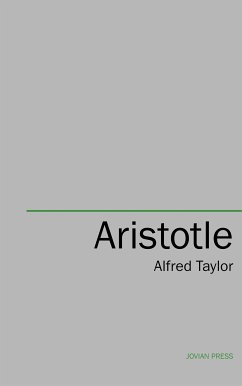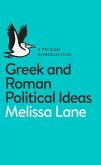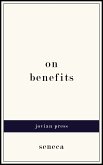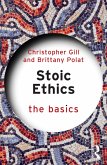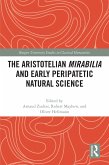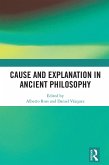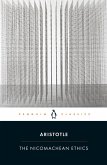But we call a man well read if his mind is stored with the verse of poets and the prose of historians, even though he were ignorant of the name of Descartes or Kant. Yet there are a few philosophers whose influence on thought and language has been so extensive that no one who reads can be ignorant of their names, and that every man who speaks the language of educated Europeans is constantly using their vocabulary. Among this few Aristotle holds not the lowest place.
Dieser Download kann aus rechtlichen Gründen nur mit Rechnungsadresse in A, B, BG, CY, CZ, D, DK, EW, E, FIN, F, GR, H, IRL, I, LT, L, LR, M, NL, PL, P, R, S, SLO, SK ausgeliefert werden.

